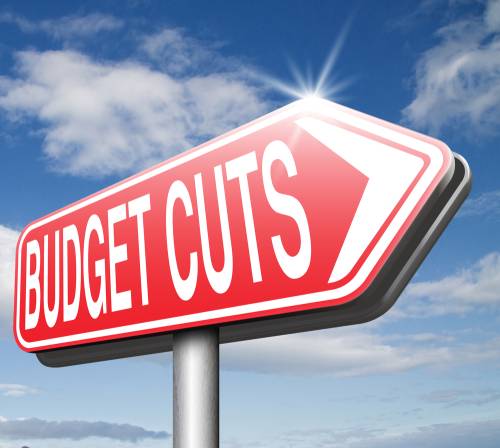
If you've been on vacation for the last year or so, you're forgiven for not noticing the economic diet happening around you. Everyone else has heard the collective gasp of corporate belts tightening.
Now that you're back, it may be time to prepare your next budget. Rather than doing it the way you always have, we suggest you rethink your plan.
"You have to start with a whole new strategy," says Jeff Horton. "We are really in the day and age of making strategic compensation and benefits decisions. It's no longer just to be competitive [for talent]. When it comes down to spending a limited pool of dollars, you really have to start making tough decisions. You have to determine where the limited dollars you have to spend will make the most impact. There are always certain jobs that are going to have more strategic impact than others. I believe you have to start with those. Look at that group of jobs and decide what you need to do to retain that group. You can go from there."
An Upside-Down Approach
His approach may be upside down from the one you've been using. "Go to the operations folks and the finance people of the company and say, 'You figure out how much you can allocate for salaries and benefits next year, and we'll take that pool of money and come back to you and tell you how we're going to use it.'"
He offers the example of a company whose business depends on its IT engineers. They can't risk losing them, but they can't afford to increase overall pay significantly. "So we determine it would take 20 percent of our budget for 2 percent of our people," Horton explains. "That 2 percent has the biggest impact on our future, so we are willing to spend that money, and really reduce the money available for others. It's a strategic decision based on limited resources. So right away we have to determine what we are going to do to keep morale up with the others."
How? Horton suggests convening focus groups with the rest of the employees: "Start talking with employees, let them know things have changed and the reasons. Say, 'We don't think we can do some of the things like we've done in the past in terms of salaries and benefits. We may have to raise our health care premiums. If we have to do that, what else could we do for you all that would at least make you feel comfortable in this organization and let you all know that we still recognize you and appreciate you?'"
'Praise Instead of Raise'
Can this 'praise instead of a raise' strategy work? One client, says Horton, found out it does. "The company had a very large population of long-term employees. Their concern was more about benefits than money. They understood that the company might have to raise the cost of benefits, but asked if they had to raise them for everybody. A light bulb went off for us.
"In most places how you set your premiums is up to you, as long as you're not discriminating in terms of race or sex [or other protected classes]. So we created a sliding scale in which after so many years of service you started paying less for your premium. When you hit 10 years, you pay 90 percent of your single coverage premium. After 25 years, it was 'Hey, thanks for being here all those years; your coverage is free.' All this was at the same time they received only a 2 percent pay adjustment."
So how did employees take it? "Not a peep," he says. "In fact, employees were sending letters to the President of the company thanking him."
Subtle Path to Success
Horton believes subtle changes in the way HR approaches their budget are key to their future success. "Companies spend thousands of dollars with consultants to talk about the business plan for the next three years, but does HR ever do that? Rarely do companies take the time and the energy to sit down and say, 'If this is the three-year operating plan for the company, what should be the three-year HR plan to support that?'
And in the event of an unexpected turn in the economy, as with the business plan, everybody gets back together and amends it. If an HR executive walked into the CEO and said, 'Here's my three-year HR plan as it relates to the business plan,' I think that person would get a little more respect."
Especially if you knock off the year-long vacations.
What are some ways you have changed how you approach your HR budget in today’s economy? Share your thoughts in the comments below.
See the following articles for more information:


